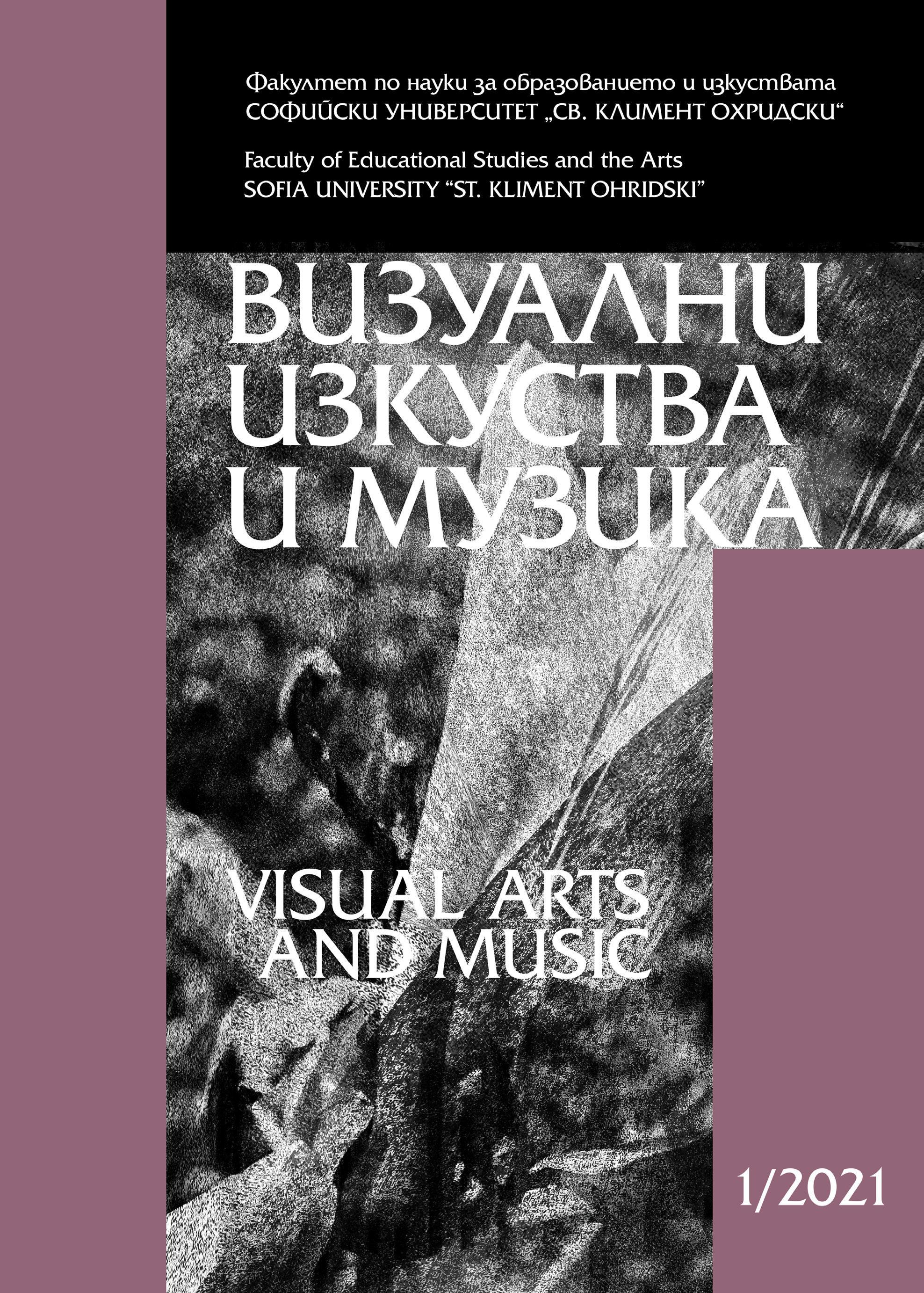THE HIDDEN PARADIGM
Reflections on a new monograph on the art of socialist Bulgaria in the 1970s
Keywords:
the 1970s, cultural governance in People's Republic of Bulgaria, cultural institutions, arts, socialist government, State Security and cultural policyAbstract
The article presents the newly published monograph by Plamen V. Petrov: Art and Power in Bulgaria in the 1970s. S., 2021, Kliment Ohridski University Press, 727 pp. and discusses aspects of Bulgarian culture and art
in the late socialist period. This period and its art, which was subordinated to the one-party rule of 45-year regime, today are usually underestimated, dismissed, overlooked or treated in a biased manner.
Plamen Petrov attempts to give a new light and a different perspective - he examines in detail the management of culture and its artistic outcomes during the period of the 1970s, starting from the assumption that the positive moments in it predominate, forming a narrative of the main trends, artists and works that remain timelessly significant today.
The book's contributions are the unfolding of the rich context, evidenced by new archival documents, that support the author's suggestion, the proposed periodization of the "long decade" (1967-1981), the detailed analysis of the official strategies, directives, programs, projects, events, bearers of culture, cultural institutions, their functioning as governing bodies, the state of the various arts during the period in this context, the import and export of cultural products, the gradual opening of the country to the Western world, the role of State Security Service in culture management and for survival of the regime, etc., whereas the author consciously avoids moral judgements.
The research focus is mainly on the transformation of the government towards a more liberal attitude towards the intellectuals, compared to the previous sub-periods of the regime, and involvement of the government in the expansion of cultural infrastructure, the establishment of creative public organizations, patronage and material privileges for artists. The new state of power-art relations led to a cultural paradigm, different from the totalitarian phase of the communist regime.

